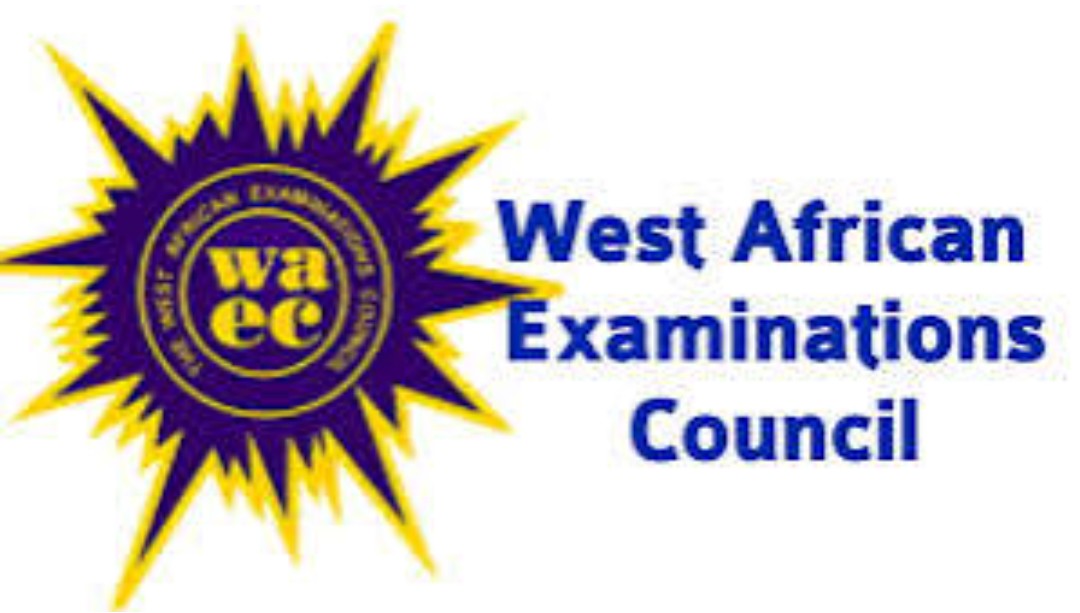Education is often perceived as a synonym for schooling, an institution-based process where individuals acquire knowledge and skills through a structured curriculum. However, the concept of education transcends the confines of traditional school settings. It is a holistic, lifelong process that encompasses a range of experiences, interactions, and environments.
The traditional definition of education has been primarily associated with formal schooling, where learners follow a prescribed syllabus under the guidance of teachers. However, contemporary perspectives on education recognise it as a broader, more inclusive process. According to the United Nations Educational, Scientific and Cultural Organization (UNESCO), education should be viewed as “a dynamic, lifelong learning process that goes beyond formal schooling” (UNESCO, 2020).
Education can be categorised into three main types: formal, informal, and non-formal. Informal education occurs outside the structured curriculum of formal institutions. It is an organic, unstructured process that happens through daily interactions and experiences. For example, children learn social norms, values, and language skills through family interactions, community involvement, and media consumption. The importance of informal education is highlighted by researchers who argue that it plays a crucial role in the socialisation process and the development of practical life skills (Smith, 1999).
Non-formal education refers to organized learning activities that take place outside the formal school system. These activities are intentional and systematic but do not lead to formal certification. Examples include vocational training, adult education classes, and community-based workshops. Non-formal education provides opportunities for individuals to acquire specific skills and knowledge relevant to their personal and professional lives (Coombs & Ahmed, 1974).
The concept of lifelong learning emphasizes that education is a continuous process that extends throughout an individual’s life. Lifelong learning involves the ongoing acquisition of knowledge and skills in response to evolving personal, social, and professional needs. The European Commission defines lifelong learning as “all learning activity undertaken throughout life, with the aim of improving knowledge, skills, and competence within a personal, civic, social, and/or employment-related perspective” (European Commission, 2001).
The digital age has revolutionised the way we access and engage with educational content. Online platforms, educational apps, and digital resources have democratized education, making it more accessible to a global audience. Massive Open Online Courses (MOOCs) offered by institutions like Coursera and edX provide opportunities for individuals to learn from top universities without the constraints of geographic location or financial barriers (Yuan & Powell, 2013).
Experiential learning, a concept popularized by educational theorist David Kolb, emphasizes learning through experience and reflection. This approach encourages individuals to engage in hands-on activities, critical thinking, and problem-solving. Experiential learning can take place in various settings, including internships, volunteer work, travel, and outdoor education programs. Kolb’s experiential learning cycle consists of four stages: concrete experience, reflective observation, abstract conceptualization, and active experimentation (Kolb, 1984).
Self-directed learning empowers individuals to take control of their educational journeys. It involves setting personal learning goals, identifying resources, and evaluating progress. This approach fosters intrinsic motivation, critical thinking, and lifelong curiosity. Research indicates that self-directed learners are more adaptable, resilient, and capable of navigating complex and changing environments (Knowles, 1975).
Different cultures and societies have unique approaches to education that reflect their values, traditions, and needs. For instance, indigenous communities often emphasize oral traditions, storytelling, and communal learning as integral components of education. These diverse educational practices highlight the importance of respecting and integrating cultural contexts into the broader understanding of education (Battiste, 2002).
Education is a dynamic and multifaceted process that extends well beyond the boundaries of formal schooling. It encompasses informal and non-formal learning, lifelong learning, technology-enhanced education, experiential learning, self-directed learning, and cultural perspectives. Understanding the broader scope of education is essential for fostering holistic development and empowering individuals to thrive in an ever-changing world.











